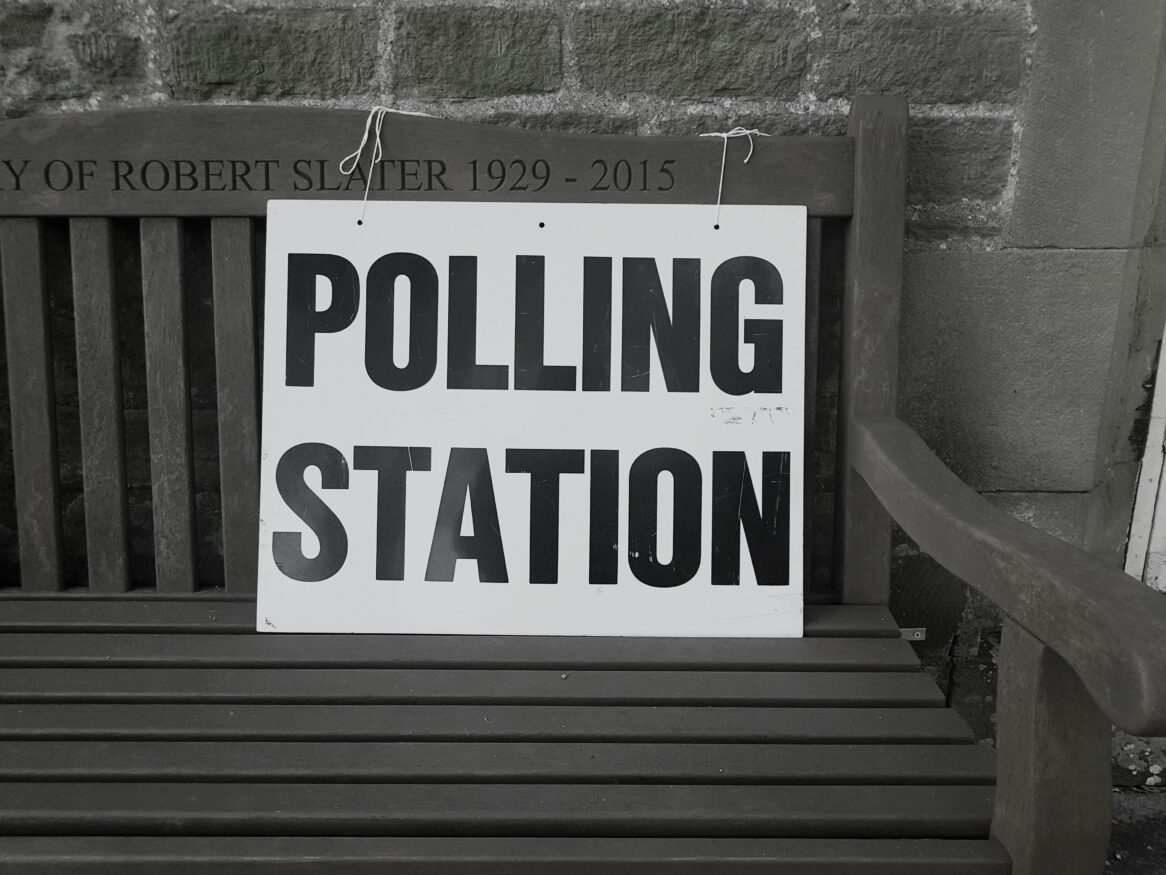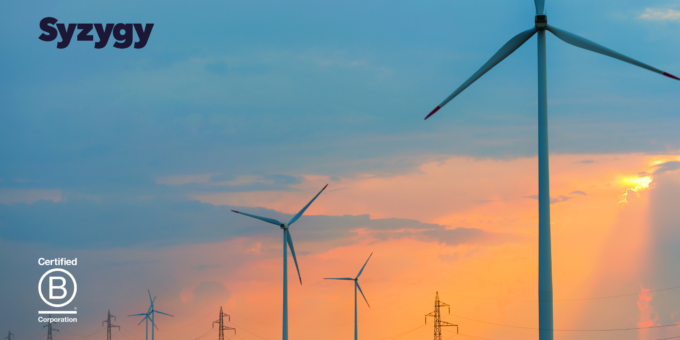Over 60 countries are having elections this year, meaning more than 2 billion people will be going to the polls.
Together these countries are responsible for more than 40% of global greenhouse gas emissions. So, will the resultant political landscape help or hinder global warming? Or as Justin Worland from Time Magazine has put it:
It’s the World’s Biggest Election Year. Is Democracy Good for Climate Change?
During and leading up to a democratic election, widespread public opinion is accumulated and reflected back by the political parties. In other words, if the public care about climate change, the campaigners will too. The trouble is that (a) often economic and other home affairs are more pertinent to the public, so this is what most party leaders will address in their campaign and (b) even if the public does support climate positive action, a firm stance on climate change can push voters away so campaigners are further discouraged from addressing climate change.
Ultimately, for most elections this year climate change is a relatively low priority, despite the indirect challenges brought about by global warming like migration and loss of land. But whether addressed in campaigns or not, the political changes over this coming year will have significant consequences on global climate action.
What’s at stake?
It’s important to realise that no matter how geographically far away these elections may seem, climate change impacts us all. Below are some key ones to watch:
- In the U.S. Biden enacted what is considered 'the most powerful climate legislation' in the country's history. However, if the Republicans regain power in November, they intend to implement Project 2025, which not only rolls back many climate-positive actions but also aims to boost fossil fuel production.
- In the UK Rishi Sunak has scaled back some of the nation's most ambitious climate projects. The Labour Party, which is currently leading in the polls, had a £28 billion green energy plan however it seems this has been dropped from its campaigning document.
- In South Africa the reluctance of the African National Congress to resolve the country’s aging coal plants, which is contributing to the current energy crisis, could shift the reliance the country has on fossil fuels and accelerate the transition to renewable energy.
- In India the party leaders focus their campaign on economic growth rather than climate change, despite the country being particularly vulnerable to the effects of rising global temperatures. The country’s consumption on coal is likely to grow.
- In Indonesia climate change is also not a focus of any campaigns, especially as its coal export industry is worth around $47 billion.
- In Mexico Claudia Sheinbaum, the current favourite, has promised more renewable energy and greater environment protection. But her party, Monera, has provided no clear plan to address the country’s strong reliance on oil should it win in June.
- In Europe the current President of the European Commission, Ursula von der Leyen implemented many policies to see the EU achieving carbon neutrality by 2050, but growing public opinion against these strict measures may see a reversal or new policies put in place following the election in June.
- In Russia climate change measures are deficient and will likely continue as such despite Putin endorsing Russia’s Climate Doctrine last October.
- In Venezuela it is unlikely that country’s oil industry, which supports the country’s economy, will diminish any time soon.
Our world is governed by short electoral cycles but tackling climate change requires long term commitments. There are some countries that won’t change and some that can’t, but for those that can it is crucial that we remain determined, dedicated, and demanding so that our leaders do too.
https://time.com/6554410/climate-change-democracy-2024-elections/
- Written by one of our very talented Syzygy Graduates, Sophie Hall-Smith.




